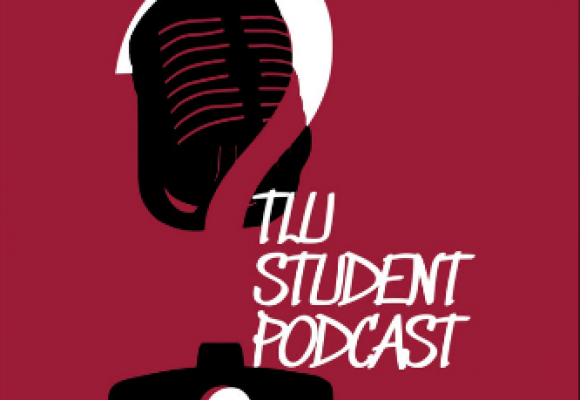Plastic Literacy
Should we, in fact, prefer cars where some conventional plastic parts are replaced with recycled plastic? Is it safe, to begin with; and is it even making a difference in terms of sustainability? Well, and what if we decided to engage in political purchasing and only hire Bolt-drivers with cars where they did use recycled plastic - would it even be possible? How do I know if a car I want to rent is produced with plastic parts made partly or fully of recycled plastic? Or, imagine to be working for the (online) store. Then - how to make customers even notice that some of the fridges sold have been produced with recycled plastic, when others have not? Furthermore: how to explain to them what the difference really is? And, is there really a difference? We will work with these questions, with the aim to figure out how everyone personally feels about the topic, so that by the end of the ELU project you will be able to make up your own informed decisions.
And - please note: we do not expect that we will all get to the same conclusions! In fact, this is one of the important issues we will explore in the project: how do individual preferences differ, and what makes them differ. So if you happen to be among those who do not worry about the sustainable economy, or who doubt plastic recycling is getting us closer to sustainability, you are welcome to join this ELU. The aim is to hear different arguments and be able to reach to one's own decision.
The aim of the project
This project aims to bring together diverse set of participants to work together to create awareness about plastic literacy, more specifically plastic recycling and recycled plastic. Plastic literacy is understood here as part of a larger set of sustainability competences, so the project contributes to building the subset of sustainability skills. The project is open to discussing concerns and doubts that participants raise or face in their own daily life, either in deciding what is the "right way" for them or in figuring out how to make sense of the socio-economic (and socio-cultural) sentiments around the theme at large.
The participants will be able to learn new information, explore the overall field with its diversities, and collaboratively design some ways to share this knowledge to others who might be interested in or needing this type of information. As part of the design of the ELU project, it is assumed that one learns the best by teaching - hence the added focus on figuring out the ways how to reach others.
Based on everyone's specific interests, the participants will work together with the ELU supervisors to clarify their personal as well as joint aims for the time of this ELU project.
Warning: while it is not possible to leave the project not having learned anything new about plastic recycling and recycled plastic, it is still possible to be more confused by the end of the project. Throughout the project, we leave space for individual disappointments, frustrations and, yes, confusions - we do not pretend this is a straightforward topic with simple fixes. But we will be open to making sense of it all, including how we feel about our confusions, so: if we know the confusion is there, let's face it together.
Project members
- Presentation
- Portfolio


